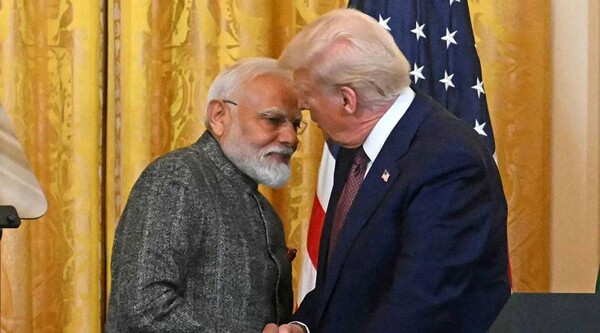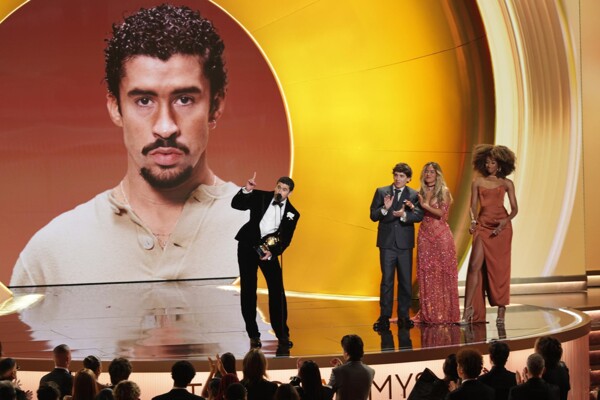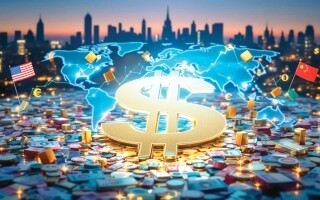
The discussion addressed a previous paragraph from a statement at the United Nations conference to combat corruption, emphasizing the necessity of implementing the principles of equality and transparency to prevent the ongoing dominance of traditional powers over its exclusive control of the system and decision-making. This was built on a previous context of events, affirming the importance of not allowing these powers to exert a singular influence on the course of affairs in society.
In this context, the speaker referred to the actions of prominent officials, such as Abdulaziz Hanfi, who quickly withdrew from several major international organizations such as the World Health Organization, the Paris Agreement on Climate, the Human Rights Council affiliated with the United Nations, and the United Nations Relief and Works Agency for Palestine Refugees. Despite these maneuvers, President Trump has not withdrawn from the World Trade Organization, an action that could indicate that there is an opening that the rising powers and developing countries can benefit from to participate more significantly in shaping international policies and making decisions.
The changing position highlights a larger role for emerging countries in the process of making international decisions, which can better balance the influence of powerful states on the global stage.














